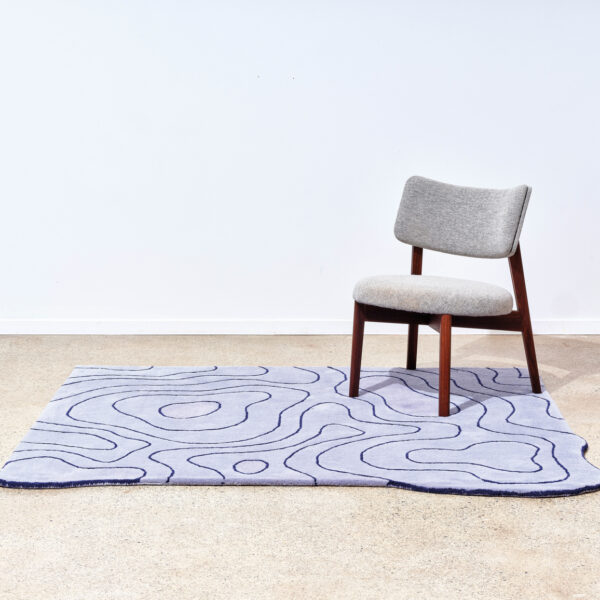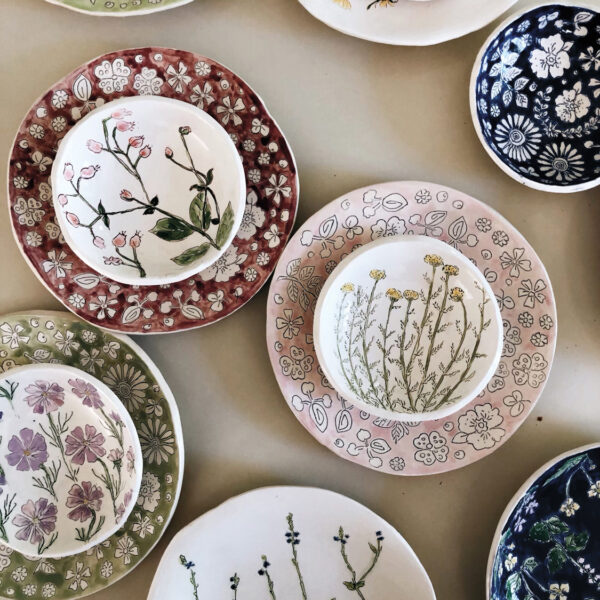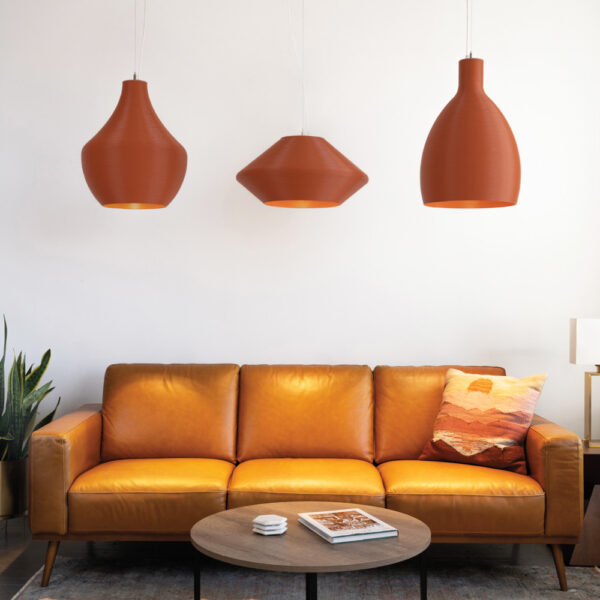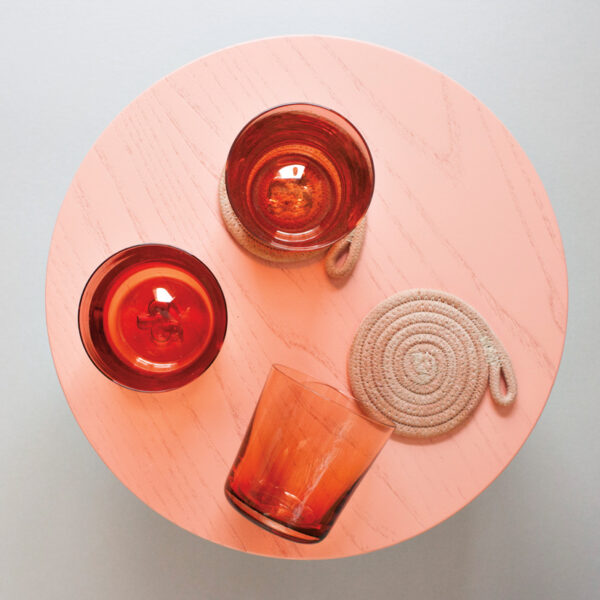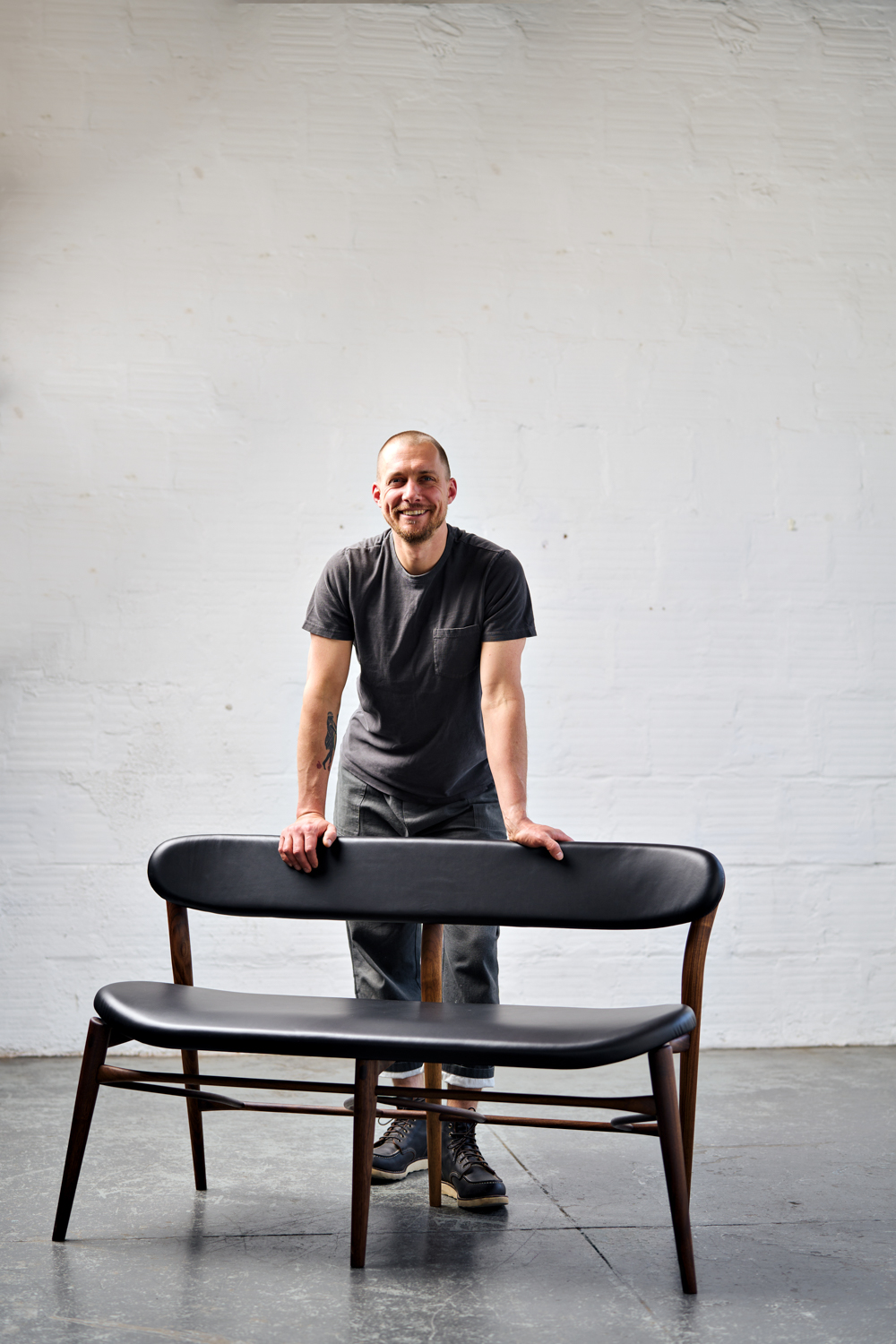
Photo: Benjamin Edwards Photography
Just as the world of fast fashion has come under fire for prioritizing profits over the planet, critics have pointed out the downfalls of mass-produced fast furniture as well. In Bend, one company is working to change the mindset of consumers with small-batch handcrafted furnishings. Fernweh Woodworking was founded by Marine Corps veteran Justin Nelson in 2015 and since then has placed an emphasis on sustainable production practices. Following the release of Fernweh’s latest collection, Nelson discusses the company’s ethos.
How does the new Fjoon collection reflect your larger design concerns? At a time when the flow of culture pushes toward cheaply designed and even more cheaply made objects, the Fjoon collection is complex and quite difficult to produce. But that’s where the joy of designing and manufacturing comes in. We developed a wood plug system to ensure the furniture can be reupholstered instead of thrown away, and a big part of the design process was figuring out how to produce such intricate parts in our shop.
How does sustainability fit into Fernweh’s mission? Sustainability needs to be part of the design process. Cheaply made furniture often is not actually less expensive when you factor in the global cost to humans and the environment. It is our vision to see transparency within the design world—where there are no hidden environmental and humanitarian costs.
What do you hope the impact of Fernweh’s furniture will be? When you buy hardwood furniture from small-batch American producers, you are paying for what it takes to create handcrafted, high-quality pieces. We pride ourselves on providing jobs for local woodworkers while also producing furniture designed and built to last.


